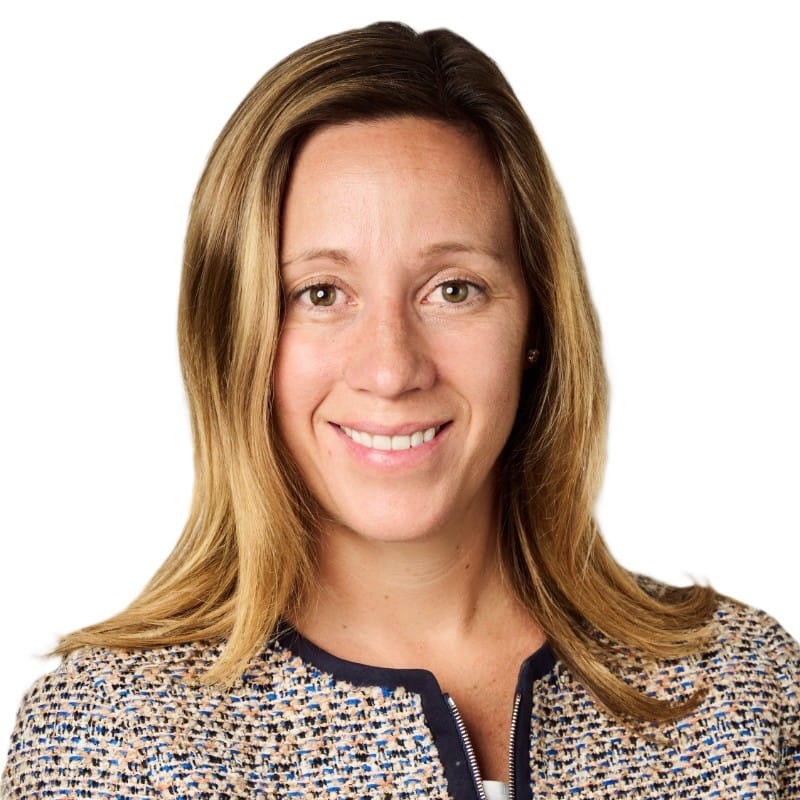Innovation Hubs: Fostering connection and collaboration for new ideas
February 07, 2022
As the technology revolution reaches top speed, the rise of the “innovation economy” has come to prominence. The idea that business growth leads with innovation is not new, but the strategy of fueling new ideas and startups within a company is one more industry leaders have taken. Creating a dedicated space (physical or virtual) has become an increasingly popular approach for companies to generate the Next Big Idea.
Innovation hubs are found all around the country. Silicon Valley is considered by some as the original, but many other hubs have come to prominence in the past five years. Boston, Seattle and Baltimore rank among the top ten hubs by the Global Innovation Hubs Index, mostly due to their unique advantages in science and technology resourcing, as well as their easy access to research-focused schools. As the tech landscape continues to expand, organizations are beginning to see the value in taking the concepts of city innovation hubs internally and incorporating innovation centers into their main business strategy.
Who has innovation hubs?
Hundreds of top firms from Accenture to ZX Ventures all utilize innovation labs, connecting the global reach of their parent corporations with a team of nimble thought leaders looking to disrupt the market with new, creative technologies. Google has Google X, their “moonshot factory” in Mountainview, California, dedicated to saying “yes and” instead of “no but” to new ideas, like sustainable ocean protection, delivery drones and contact lenses measuring glucose levels in diabetics. The 13,000 square foot Dell EMC HPC Innovation Lab in Austin, Texas leverages its supercomputer creation, Zenith, to bring solutions such as autonomous mining trucks and optimized manufacturing tools. Starbucks has the “Tryer Center,” dedicating their entire Seattle HQ ground floor to functional yet physically movable equipment, such as 3D printers, prototype sketch boards, and neon signs, allowing people to shift and shape their surroundings, and thus their creative thought process. The Tryer Center’s only hard and fast rule? Each innovation cycle takes an innovation and rapidly iterates from idea to implementation within 100 days.
Companies are not the only organizations housing innovation centers. Universities hold massive resources in both their technology and people capital. Attracting the youngest, brightest minds across geographies, it’s no wonder some of the most prominent innovation labs are closely located to or even within the nation’s top colleges. While allocating resources to research-based programs is certainly not new for colleges, centralizing the entrepreneurial spirit of their young students and guiding them along the patent process has become a top priority.
FIS recognizes this value and is a top sponsor of the Georgia Fintech Academy, a fintech diversity talent development initiative of the University System of Georgia, striving to bring together students from different backgrounds to ideate creative solutions for a variety of consumer pain points. FIS helps drive graduate and undergraduate projects, student events, podcasts and fintech career fairs at the 26 Georgia schools. Even closer to the HQ, FIS spoke at and judged the pitch competition for the University of North Florida’s ConnectFest, which brings together tech startups and student talent to listen, network and explore job opportunities in the tech industry. FIS also recently helped run an innovation discovery project internationally with the Frankfurt School of Finance & Management in Germany. The week-long exercise employed the students to analyze a given problem statement and present their validated solution. Exercises like these tap into the students’ “beginner mindset” to answer applicable, forward-focused questions and demand creative thinking for bold solutions.
FIS also already has several innovation hubs in place today, including the Strategic Technology and Innovation Campus and Impact Labs, both working toward FIS’s long-term growth plans and goals as a leader in fintech innovation.
What’s next for FIS?
The newest addition to the FIS innovation hubs will be the first floor of the brand-new FIS headquarters building opening in Jacksonville, Florida this upcoming summer. Innovation will be at the forefront of the first floor’s makeup, offering a dedicated space to promote strategic client conversations, showcase fintech partners with cutting-edge technology and provide forums for guidance from Entrepreneurs in Residence and FIS executives. Collaboration and interaction are imperative to everyday business, and especially for innovation. Leaning into different dynamic layouts, the new HQ first floor will invite customers, colleagues and collaborators to streamline thinking and boast big new ideas that rapidly accelerate the frictionless economy.
Many top universities in the southeast in addition to UNF are close to the new Jacksonville innovation hub as well, such as the University of Florida and Georgia Tech. Plugging into the regional university system will allow the first floor at the new HQ to serve as an opportunity for college students to join in the conversations, bring in new ideas and help successfully build businesses, not just products.
Bold bets, high engagement and rapid solutioning is how real change will occur. As innovation hubs continue to materialize around the world, it is imperative for companies, universities and startups to focus on pushing the technological boundaries with daring new ideas.
- Topics:
- Leadership and work

